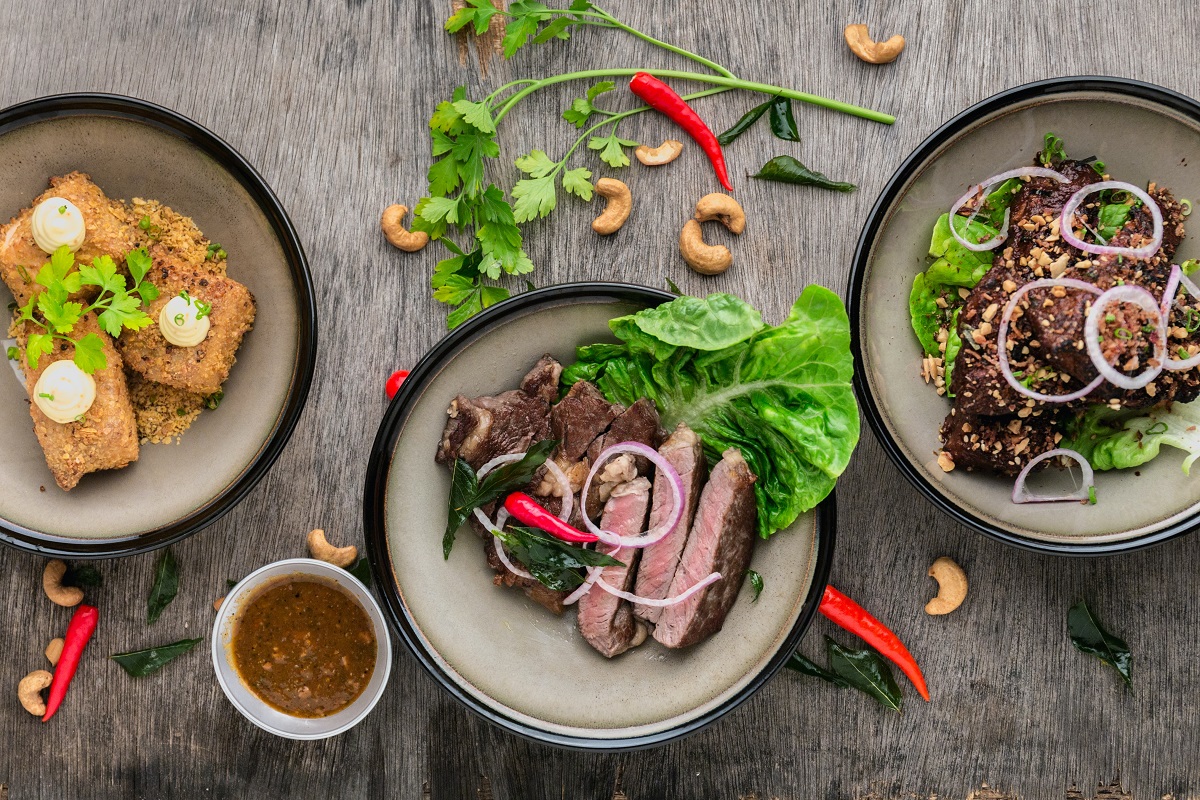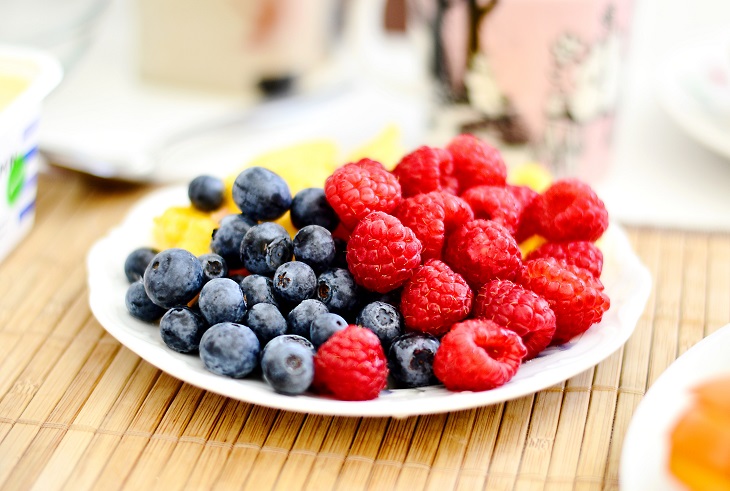THE DAILY DOSE
How To Improve Fitness Levels Through Diet

The human body is a symbiotic system. All its functions rely heavily on one another to run properly, and when one part breaks, the others are bound to suffer the consequences. For example, at first glance, one might not think that the brain and the gut have much in common. But research has shown that it’s quite the opposite, and that the bacteria in our gut has a direct effect on our mental wellbeing.
The mind-gut connection isn’t the only known integration when it comes to the health of the human body. The cardiovascular system works in conjunction with the lymphatic system and urinary tract to keep balance over the body’s levels of water, and the respiratory, muscular, and cardiovascular systems all play a role when it comes to regulating temperature. This commingling of organs and systems is what keeps you healthy.
The same can be said for fitness levels and the diet you consume. They may appear only tangentially related, but they can in fact have a huge impact on one another.
What’s the connection between fitness and food?
Fitness is sometimes considered to be synonymous with overall healthy body weight. This is due to the assumption that an obese person is less likely to be physically fit, and that they aren’t generally eating foods that fuel their body well enough (or they’re eating far too much of them). However, there’s more to the story when it comes to weight and fitness levels – and when considering physical fitness, so many more factors need to be taken into consideration.
Research out of the University of Texas at Austin found that there was a direct link between exercising regularly and healthier eating habits. When participants were more active, they made better food choices. The study came to the conclusion that moderate exercise could reduce cravings for high-fat foods by encouraging changes in dopamine levels in the brain.

What systems are most affected by exercise?
It’s been long known that the efficiency of the cardiovascular system is directly related to how much cardio exercise one gets (it’s right there in the name, after all!). Research has suggested that people who exercise more regularly are less likely to develop heart disease in the future because of stronger hearts, lowered cholesterol, and better circulation.
The respiratory system also benefits greatly from exercise. When you work out, your lungs bring much-needed oxygen into the body while releasing carbon dioxide. The two systems – the lungs and the heart – work together to bring in oxygen, release carbon dioxide, and then send oxygen to the muscles being used. This extra boost of oxygen to your muscles is what gives them the energy to keep moving.
The immune system also benefits from regular exercise. It does this by encouraging the proper processes of disease-fighting cells, as well as slowing down negative changes caused by ageing that could lead to a weakened immune function. It has also been proven that participating in physical activity can boost mental health by increasing blood flow to the brain and encouraging communication between several areas involved in mood regulation.
How can you improve your eating habits to improve your fitness levels?
Nutrition is said to be the most important part of fitness for one specific reason: weight loss. It’s no secret that eating well and losing weight go hand in hand. But being at an ideal weight isn’t the only reason to eat well when it comes to being physically fit.
Proper nutrition plays a huge role in optimal levels of health. Foods that are rich in vitamins and minerals give the body and its processes the energy needed to perform mentally and physically. Having these essential systems running smoothly will allow the body to perform better, thus enhancing your overall level of fitness.
Eating a wholefood diet with adequate levels of protein, carbohydrates, fats, and vitamins and minerals will also encourage apt performance when it comes to digestion, oxidation, and energy levels. This will allow you to put more energy into your exercise.
What should I eat if I work out every day?
There are many health claims that contradict one another when it comes to what to eat before or after working out to optimize fitness levels. Some people will swear by the keto diet, which is high-fat and low-carb, while others subscribe to plant-based diets, eliminating animal products. While there may be some truth to the benefits of both diets, it’s not that cut and dry.
There are, however, many things that a person should be eating if they want to build, maintain, or improve upon their level of fitness. For example, peptides are a type of hormone that get released during exercise to encourage proper levels of muscle energy and higher endurance. Taking a peptide supplement has been shown to increase stamina and lead to a more effective workout.
Other examples of vitamins and minerals that could help if taken every day are:
- Iron. Having sustained amounts of iron helps to increase oxygen circulation and keep the heart rate at healthy levels.
- Protein. This is responsible for the building and repairing of muscles.
- Antioxidants (Vitamin C, E). Vigorous exercise can often lead to oxidative stress. When this happens, the body is thrown off balance. Ensuring your body is getting enough antioxidants will help limit this lesser-known side effect of intense exercise.

What is the best food for fitness?
There is no one best food for fitness, but there are plenty of foods that should be eaten to have a well-rounded diet and a system that functions well enough to become more physically fit.
These foods include:
- Wholegrains
- Bananas
- Chicken or lean fish or turkey
- Olive oil
- Beans (black, kidney, pinto, white, red)
- Berries (blueberries, raspberries, blackberries)
- Hummus
- Greek yogurt
- Carrots
- Celery
- Cucumber
- Nuts (peanuts, almonds, cashews)
- Green tea
- Eggs
- Sweet potatoes
- Spinach
- Broccoli
This list is not exhaustive; however, it can help you begin your journey to fitness through diet.
Featured image by Lily Banse on Unsplash